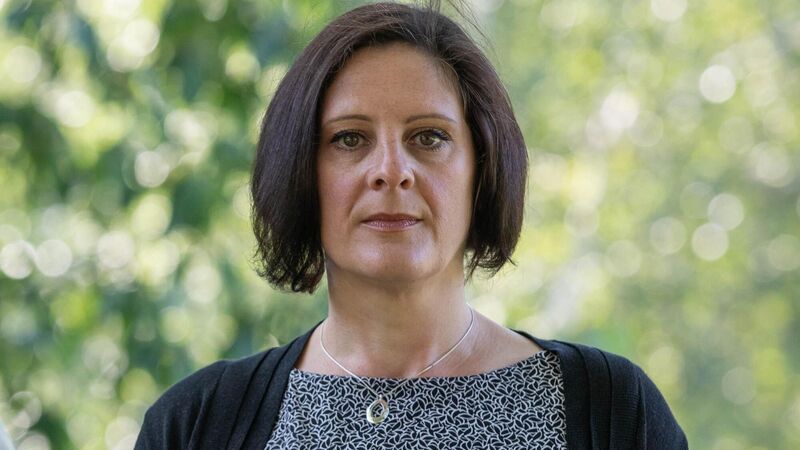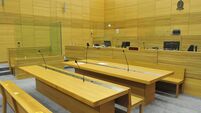Fifth of young women feel they have no control over their money

'Financial abuse is a central element of domestic violence, including coercive control,' said Sarah Benson, CEO of Women’s Aid.
Experts from a leading anti-domestic violence body will advise major banks on abusers taking charge of people's finances, as it was revealed that more than 20% of younger women feel they have no control over their money.
The figures were revealed by Banking & Payments Federation Ireland (BPFI), whose research showed a fifth of young women aged 18-34 do not have control over their finances.













